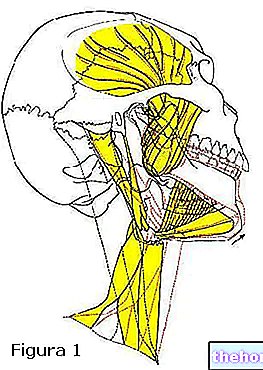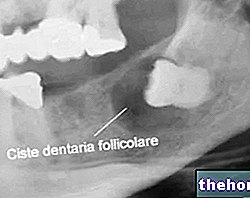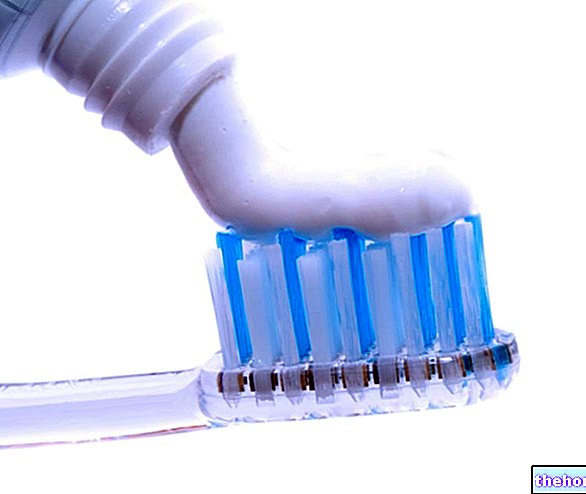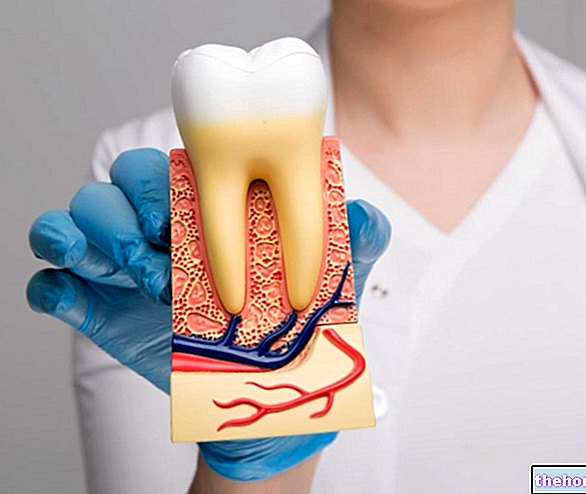In its simple form, dental granuloma is not felt by the patient because it is asymptomatic: the infection, in fact, becomes chronic immediately, without giving rise to any acute episode.

* non-suppurative lesion: it is an "infection NOT accompanied by the formation of purulent material (pus)
** root apex: it is the terminal part of the root of a tooth
*** root canal: it is the canaliculus inside the root, in which nerve fibers and blood vessels flow
Even in the absence of appreciable symptoms, granuloma still requires careful dental intervention. In the initial stages, the infection does not cause any kind of problem or disturbance because the bacteria and granulocytes (a type of white blood cells) that make up the granuloma are in a sort of dynamic equilibrium. When this form of forced coexistence is lost, and bacteria have the upper hand, the granuloma can worsen giving rise to serious complications such as dental abscesses or fistulas.
)Regardless of the triggering cause, dental granuloma can encroach on adjacent areas in two circumstances:
- Necrosis (death) of the pulp tissue: the decomposition of nerves and blood vessels inside the root canal constitutes an excellent breeding ground for bacteria. Which, escaping from the apex of the root, carry their toxins creating the granuloma
- The tooth has been devitalized (it has no pulp): granuloma, together with dental abscess and cyst, is an often unpredictable complication of devitalization

The circumscribed mass formed by the granuloma can be considered a sort of protection from the expansion of the infectious process, implemented by the body's defense mechanisms to prevent bacteria from spreading inside the tooth and in the surrounding areas. When the defensive mechanisms they fail to counterbalance bacterial forces, the granuloma "bursts" and the damage expands.
chronic dental disease that develops within a granulomaWhen symptomatic, dental granuloma can cause toothache, severe discomfort, torment, and gum swelling.
If left untreated, a dental granuloma can develop into cysts and form painful fistulas.
The presence of a dental granuloma is ascertained by a simple X-ray examination.

Dental granuloma must be adequately treated, even if asymptomatic: in fact, if the granuloma breaks out, the bacteria that populate it can expand through the bloodstream, creating septicemia, a serious clinical condition that can seriously endanger the patient's life. Clearly we have reported an extreme case, but it is important to be aware of the possible dangers that could be encountered.
Devitalization is the treatment of choice for the treatment of granuloma.
If the granulomatous lesion originates on a devitalized tooth, it is possible to proceed with a retreatment, which is not always possible, especially in the presence of prostheses with crowns, or complex dental reconstructions with metal pins. In such situations, the only possibility to definitively cure the granuloma is apicoectomy (surgical removal of the root apex of the infected tooth). In the most serious cases, especially when the granuloma continues to recur, a tooth extraction is required.
To conclude, let us remember once again that a dental granuloma always requires specialized dental treatment and cannot heal spontaneously.




























